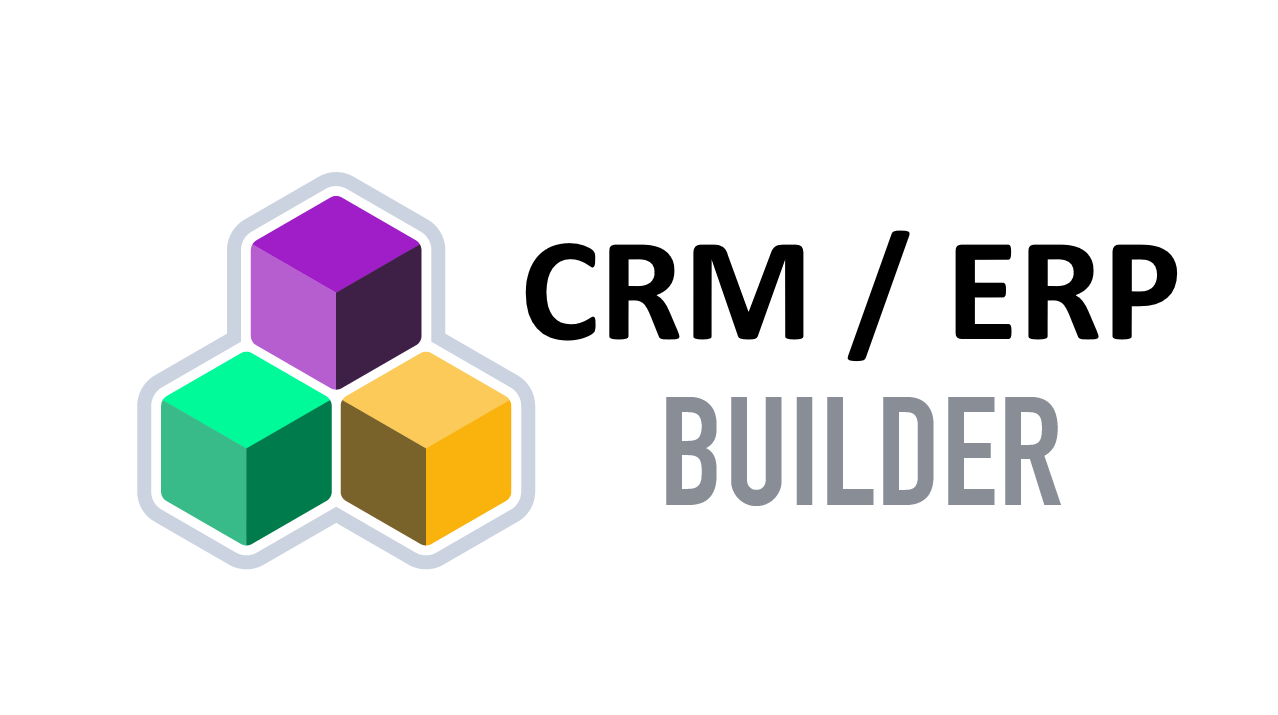Embark on a journey into the realm of CRM builders, where the power to transform your customer relationships lies at your fingertips. These innovative tools empower you to streamline processes, enhance collaboration, and elevate your business to new heights.
In this comprehensive guide, we delve into the intricacies of CRM builders, unraveling their features, capabilities, and the myriad benefits they offer. Discover how to harness the potential of CRM technology and unlock the secrets to building lasting customer connections.
CRM Builder Overview

A CRM builder is an online tool that allows businesses to create and customize their own customer relationship management (CRM) system without the need for extensive coding or technical expertise.
CRM builders offer a range of features and benefits, including:
- Easy-to-use drag-and-drop interface
- Pre-built templates and modules
- Customization options to tailor the CRM to specific business needs
- Integration with other business applications
- Cloud-based access for remote teams
Data Management and Security
CRM builders offer robust data management capabilities to help businesses organize, store, and manage customer data effectively. These builders typically provide features such as data import and export, data cleansing and deduplication, and data segmentation and filtering.
In terms of security, CRM builders implement various measures to protect customer data from unauthorized access, breaches, and data loss. These measures include encryption, role-based access control, and compliance with industry standards such as GDPR and HIPAA.
Data Backup and Recovery, Crm builder
CRM builders typically offer data backup and recovery options to ensure that customer data is protected in case of system failures, hardware malfunctions, or data breaches. These options may include:
- Automatic data backups: CRM builders may automatically back up data on a regular basis, ensuring that there is a recent copy of the data available in case of an incident.
- Manual data backups: Some CRM builders allow users to manually create backups of their data, providing an additional layer of protection.
- Data recovery options: CRM builders may offer various data recovery options, such as restoring data from a specific point in time or recovering deleted data.
Integration and Ecosystem
CRM integration is essential for businesses to streamline their operations, improve customer experience, and gain a competitive advantage. It allows CRM systems to connect with other business applications, such as ERP, marketing automation, and e-commerce platforms, to create a centralized hub for all customer data.There
are various types of CRM integrations available, including:
-
-*Data integration
Connects CRM systems with other data sources to ensure data consistency and accuracy.
-*Process integration
Automates workflows and business processes between CRM systems and other applications.
-*User interface integration
Allows users to access multiple applications through a single, unified interface.
Examples of successful CRM integrations include:
- Salesforce integrating with Google Workspace to enhance productivity and collaboration.
- HubSpot integrating with Shopify to automate e-commerce processes and provide personalized customer experiences.
- Zoho CRM integrating with Microsoft Dynamics 365 to create a comprehensive business management solution.
Last Word: Crm Builder

As the digital landscape continues to evolve, CRM builders stand as indispensable tools for businesses seeking to thrive in the modern era. By embracing these powerful solutions, you can gain a competitive edge, foster customer loyalty, and drive your organization towards unprecedented success.
Questions Often Asked
What is a CRM builder?
A CRM builder is a software tool that enables businesses to create and customize their own customer relationship management (CRM) systems without the need for extensive coding or technical expertise.
What are the benefits of using a CRM builder?
CRM builders offer numerous benefits, including improved customer management, streamlined sales processes, enhanced marketing campaigns, and increased team collaboration.
What types of CRM builders are available?
There are various types of CRM builders available, including cloud-based, on-premise, and open-source options. Each type offers its own unique set of features and benefits.
How do I choose the right CRM builder for my business?
When selecting a CRM builder, consider factors such as your business size, industry, budget, and specific requirements. It’s also recommended to evaluate different vendors and their offerings before making a decision.
What are the best practices for implementing a CRM builder?
Best practices for implementing a CRM builder include involving key stakeholders, defining clear goals, training users thoroughly, and ensuring data security.